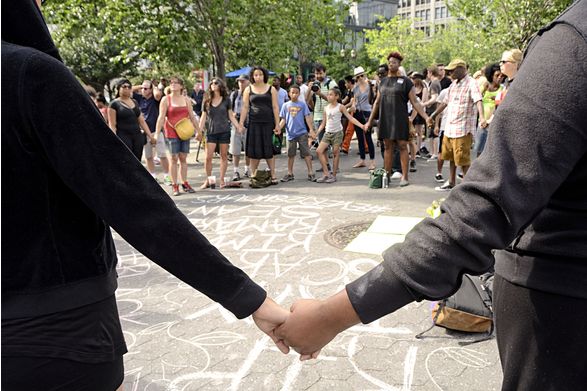What if the ideological tribes spawned by identity politics are the products of the decline of the family, which once helped form the identity of children?
The always interesting Mary Eberstadt proposes something along that line in her new book, Primal Screams: How the Sexual Revolution Created Identity Politics.
Here’s a nugget from the precis of the book on Amazon:
Legions of people—especially the young—have become unmoored from a firm sense of self. To compensate, they join the ranks of ideological tribes spawned by identity politics and react with frenzy against any perceived threat to their group.
The family took a hit from the sexual revolution and federal programs that are directly linked to the rise of the single-parent household. Mary explores the idea of the connection of the loss of family to identity politics in a must read article in Quillette:
Our macro-politics have become a mania about identity because our micropolitics are no longer familial. This, above all, is what happened during the decades in which identity politics went from being a phrase in an obscure quasi-radical document to a way of being that has gone on to transform academia, law, media, culture and government.
Yes, racism, sexism and other forms of cruelty exist, and are always to be deplored and countered. At the same time, the timeline of identity politics suggests another source. Up until the middle of the twentieth century (and barring the frequent foreshortening of life by disease or nature) human expectations remained largely the same throughout the ages: that one would grow up to have children and a family; that parents and siblings and extended family would remain one’s primal community; and that, conversely, it was a tragedy not to be part of a family. The post-1960s order of sexual consumerism has upended every one of these expectations.
Families tend to be small today, and many children grow up without siblings.
Why might this matter? Because diverse findings show that being accompanied through early life by non-parental contemporaneous others (i.e., siblings) gives children and teenagers a leg up on socialization—in other words, knowing who they are in the social order.
Finder’s Fee: Powerline


